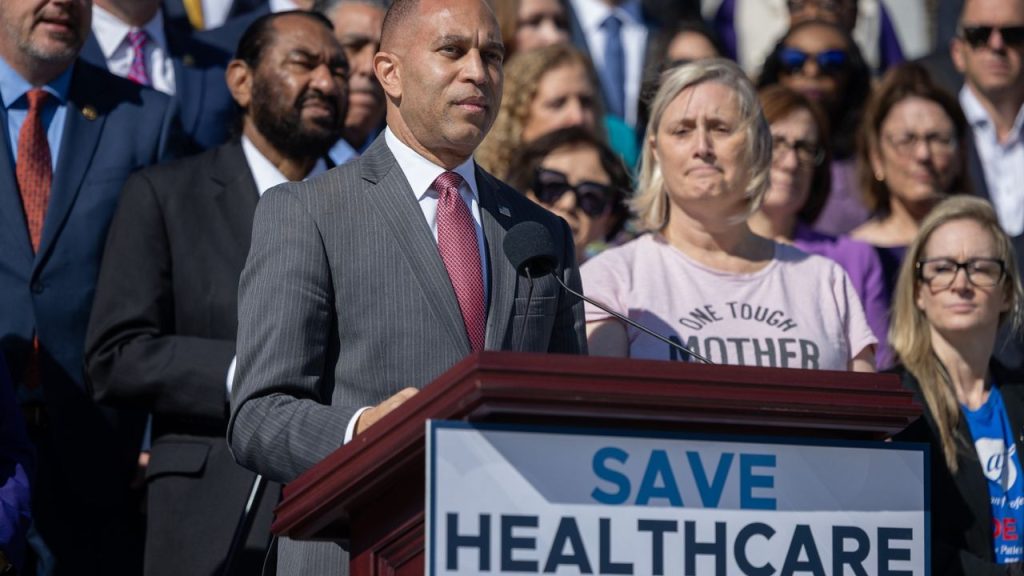When describing what it was like to discover how much her Affordable Care Act plan would cost next year, Stacy Cox “used one word repeatedly,” said Justin Gomez in ABCNews.com: “devastating.” The Utah-based photographer’s monthly health insurance premium will leap from $495 to $2,168, an unmeetable cost she says will force her and her husband to go without insurance. Cox, 48, is one of an estimated 22 million ACA enrollees who will see their premiums spike in 2026—by an average of 114%, according to health policy group KFF. That rise is largely due to the Dec. 31 expiration of pandemic-era “enhanced” premium subsidies, which are at the heart of the government shutdown, with Democrats insisting any funding bill must also extend the tax credits. If those subsidies disappear, “the impact will not be felt evenly,” said Robert King in Politico. It depends on an enrollee’s income, size of household, and where they live; some states are contributing funds to reduce the impact. That includes Maryland, where the average ACA premium will rise 30%; in New Jersey, it’s 175%.
The “lavish subsidies” are a “Band-Aid” for a broken health-care system, said The Washington Post in an editorial. Passed as a temporary measure to help families—including those earning more than 400% of the poverty level, who were previously ineligible for subsidies—the credits led ACA enrollment to more than double between 2019 and 2025. That increased the demand for health care, which in turn raised costs. “Now the bill is coming due,” and Democrats’ only plan is to shovel “more taxpayer money into a pit of ever-larger subsidies.” Despite “Democratic howling,” the real problem isn’t the loss of subsidies, said The Wall Street Journal. It’s that the ACA “is a debacle” delivering plans “few deem worth buying unless they’re protected from the cost.” The GOP should seize this moment “to start building lifeboats from Obamacare.”
Good luck with that, said Jonathan Cohn in The Bulwark. Since the day President Barack Obama signed the ACA into law in 2010, Republicans have assailed the program while promising “to provide cheaper, better health care without major coverage losses.” But their abject failure to deliver a plan has become “a running joke in Washington,” and the idea that it will happen now “is so fanciful” even GOP Rep. Marjorie Taylor Greene “has mocked it.” That’s why, with their own constituents getting sticker shock, a Republican compromise on subsidies may be coming. GOP lawmakers may hate Obamacare, but “they know the voters disagree.”
The rise is largely due to the Dec. 31 expiration of pandemic-era ‘enhanced’ premium subsidies, which are at the heart of the government shutdown
